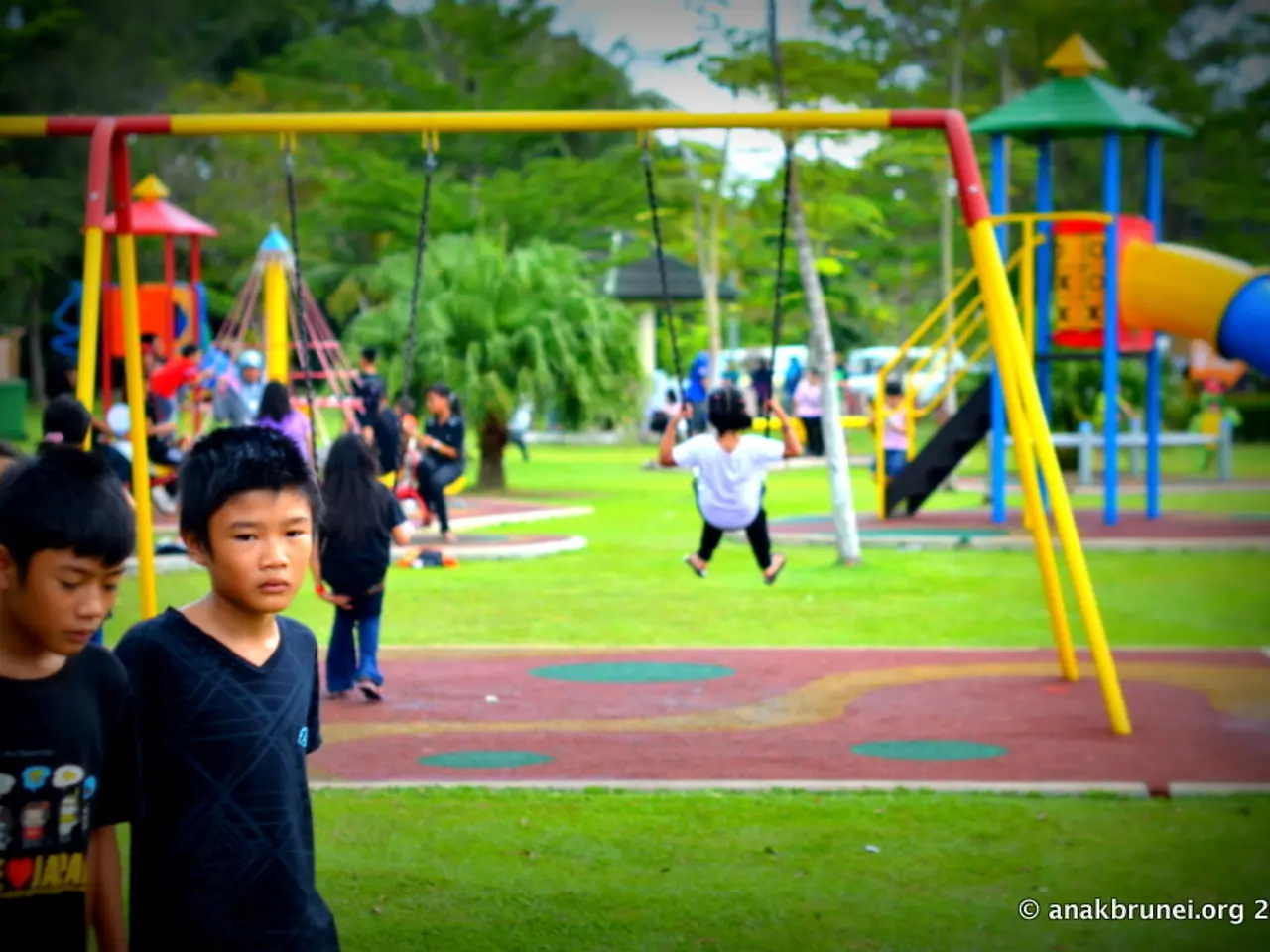Future-focused after-school initiatives: A stepping stone for your kids' success
In today's fast-paced world, after-school programs are proving to be a valuable resource for young children and teenagers. These programs offer a wide range of activities, from dance and woodshop to chess and cooking, each with its unique set of benefits.
According to a study by the American Red Cross, 54% of American adults either can't swim or don't have basic swimming skills. Swim classes, therefore, are a crucial life skill, especially considering drowning is the leading cause of unintentional injury death for children ages 1 to 4. Swim classes not only improve physical fitness, muscle strength, and cardiovascular health, but also help prevent drowning.
Dance classes, on the other hand, offer health benefits such as improved cognitive development, flexibility, and boosted confidence. The 40 new dance courses offered for children and youth in New York City's Long Island University campus in Brooklyn are a testament to the growing recognition of dance as a valuable after-school activity. Dance is even being used to treat people with Parkinson's disease, according to a recent Harvard study.
Woodshop classes encourage creativity and problem-solving, and can lead to lucrative careers such as carpentry. Completing a project in woodshop provides a sense of accomplishment and integrates math and science for brain enrichment.
Chess classes are a great way to keep your child engaged and develop critical thinking skills. Chess can help your child later down the line when they need to use critical thinking to make deductions. Chess classes also teach discipline and sportsman-like behavior.
Cooking classes are a great skill to embed in children. They offer opportunities for creativity, exposure to new cultures, increased vegetable intake, and practice of math and science skills. A study found that 28% of Americans say they don't know how to cook, while another study found that 54% of Americans admit they are not proficient in the kitchen.
After-school programs are not just about learning new skills, they also help young children and teenagers develop essential life skills. A study found that nearly 60% of parents felt their teenagers lacked essential life skills, such as knowing how to make the bed, clean a toilet, or vacuum a room.
In a surprising finding, a 2022 YouScience study revealed that 75% of high school graduates feel moderately, slightly, or not at all prepared to make college or career decisions. After-school programs provide a supportive environment where young people can explore their interests and develop essential life skills.
New York City has announced 40 new after-school programs, opening 5,000 new spots for K-5 students citywide. These programs are a great way for your child to explore their interests and develop essential life skills. Whether it's swimming, dance, woodshop, chess, or cooking, after-school programs offer a wealth of opportunities for young people to grow and thrive.
Read also:
- Impact of Alcohol on the Human Body: Nine Aspects of Health Alteration Due to Alcohol Consumption
- Understanding the Concept of Obesity
- Lu Shiow-yen's Challenging Position as Chair of the Chinese Nationalist Party (KMT) Under Scrutiny in Donovan's Analysis
- Tough choices on August 13, 2025 for those born under Aquarius? Consider the advantages and disadvantages to gain guidance







